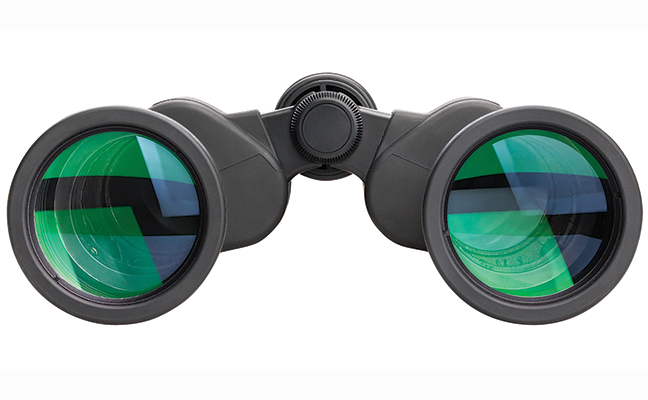One of the hallmarks of the structural pest management industry is its willingness to incorporate science-based conclusions into decisions regarding treatment protocols and business models. This is illustrated in the industry’s willingness to embrace integrated pest management (IPM) principles as standard practice. Forecasting pest outbreaks can help the pest management professional (PMP) communicate ways that clients can protect their property from pest invasions, and allows technicians to take preventive action when infestations are imminent. To better prepare your business for what’s on the horizon, consider the following as you prepare for your client’s next service.
- Weather patterns and seasonal trends — Twice a year, the National Pest Management Association’s (NPMA’s) Professional Pest Management Alliance (PPMA) releases the Bug Barometer, a seasonal prediction intended to educate consumers about pests that may be problematic in the coming months. By considering temperature and rainfall data from the previous season, NPMA entomologists try to predict which pests might be more prevalent in the coming months.
- Neighboring properties — Even single-family homes and standalone businesses can be affected by neighboring properties. For instance, the overflowing dumpster across the parking lot or the soon-to-be harvested cornfield next door could have a significant influence on the potential for increased rodent pressure.
- Past service records — Don’t overlook the historical data that is available to your firm in the form of service records. By data-mining service records from previous years, you may identify months or seasons that resulted in increased callback services for specific pests. By anticipating these problems before they happen, preventive treatments or recommendations can be made for the future.
By analyzing the data that is readily available to your firm, predictions grounded in science can be made that will not only impress your customers, but also save time and money for your business.
You can reach Dr. Fredericks, VP of technical and regulatory affairs for the National Pest Management Association (NPMA), at jfredericks@pestworld.org.

Leave A Comment